Linguistic Guide - English Language Tool

Linguistic expert in English language
AI-powered linguistic exploration
Explain the difference between 'affect' and 'effect'
What's the rule for using 'whom' over 'who'?
How can I make my writing more concise?
Provide examples of passive vs. active voice
Get Embed Code
Introduction to Linguistic Guide
Linguistic Guide is a specialized GPT designed to provide linguistic expertise in the English language, focusing on phonetics, phonology, word formation, idioms, and more. Created to cater to both educational and engaging aspects of language learning, it offers concise, clear, and thorough explanations. Whether it's generating words with specific phonemes, creating engaging quizzes, or providing fun facts about idioms and words, Linguistic Guide combines educational value with a conversational tone. For instance, a user interested in understanding the difference between homophones like 'bare' and 'bear' can receive a comprehensive explanation along with sentences illustrating their use. Powered by ChatGPT-4o。

Main Functions of Linguistic Guide
Generating Words or Sentences with Specific Phonetics or Phonemes
Example
Generating words with the phoneme /ʃ/ such as 'ship', 'shoe', and 'shine', or sentences that include these words.
Scenario
A language teacher preparing a lesson on English phonemes can use this feature to create a list of words containing a particular phoneme or construct sentences to reinforce pronunciation practice.
Creating Quizzes for English Learners
Example
A multiple-choice quiz differentiating between 'there', 'their', and 'they're'.
Scenario
An ESL (English as a Second Language) student aiming to improve their understanding of common homophones can take such quizzes for practice and assessment.
Sharing Insights and Knowledge about English Words
Example
Explaining the etymology of 'serendipity', tracing it back to a Persian fairy tale 'The Three Princes of Serendip'.
Scenario
A curious learner interested in the origins of quirky English words can explore the fascinating history and evolution of terms.
Providing Fun Facts about English Idioms
Example
Describing the origin of the idiom 'spill the beans', which dates back to ancient Greek voting practices.
Scenario
A writer looking to include interesting trivia in their story or a student preparing a presentation on idioms can enrich their content with these facts.
Ideal Users of Linguistic Guide
English Language Learners
Students learning English as a second or foreign language. They can benefit from quizzes, pronunciation exercises, and clear explanations of grammar rules, idioms, and vocabulary.
Teachers and Educators
English teachers looking to supplement their curriculum with engaging quizzes, phonetic practice material, and linguistic trivia that can make learning fun.
Writers and Journalists
Writers seeking to enrich their articles, stories, or novels with linguistic trivia, idiomatic expressions, or precise phonetic word choices.
Language Enthusiasts
Individuals with a passion for language who enjoy learning about word origins, idioms, and the intricate beauty of phonetics and phonology.

Using Linguistic Guide: A Step-by-Step Guide
Start Free Trial
Access yeschat.ai to try Linguistic Guide without any login requirements and no subscription to ChatGPT Plus.
Identify Your Needs
Determine the specific linguistic aspects you wish to explore or improve, such as phonetics, idioms, or vocabulary enhancement.
Engage with Prompts
Utilize the tool by entering questions or requests related to English language learning, phonetics, or word usage.
Apply Insights
Apply the responses and insights provided to improve your understanding or teaching of English linguistic elements.
Explore Regularly
Make regular use of the tool to uncover new facets of the English language, enhancing both teaching and learning experiences.
Try other advanced and practical GPTs
Think and Grow Rich for Startup
Strategize and Scale with AI

Story Weaver
Craft Your Story with AI

Refine Writer
AI Refinement for Simplified Writing

ANYLYZE
AI-powered insights from tabular data.

PSYOPs
AI-powered Strategic Influence
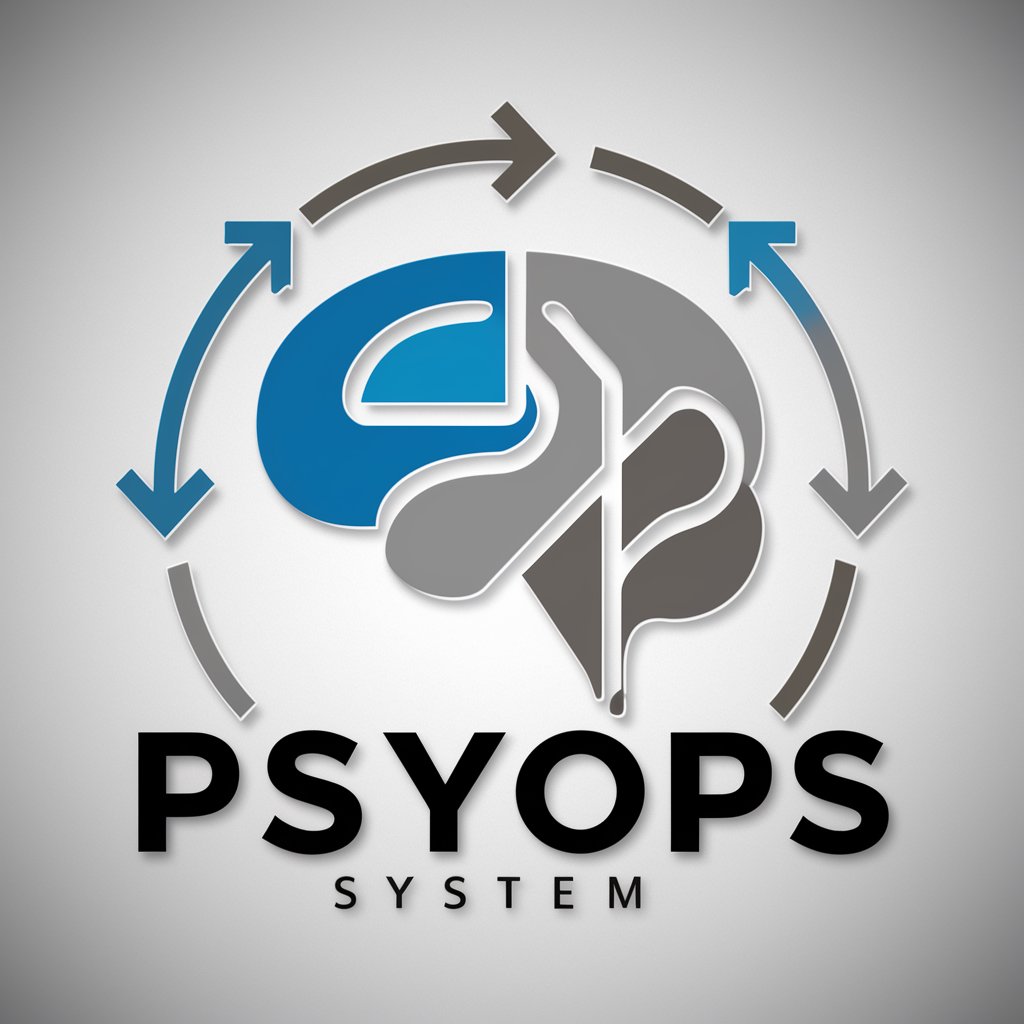
ろんJ (V1.4)
Simulating Rich Interactive Dialogues

Korean-French Linguist Helper
Bridging Languages with AI Power
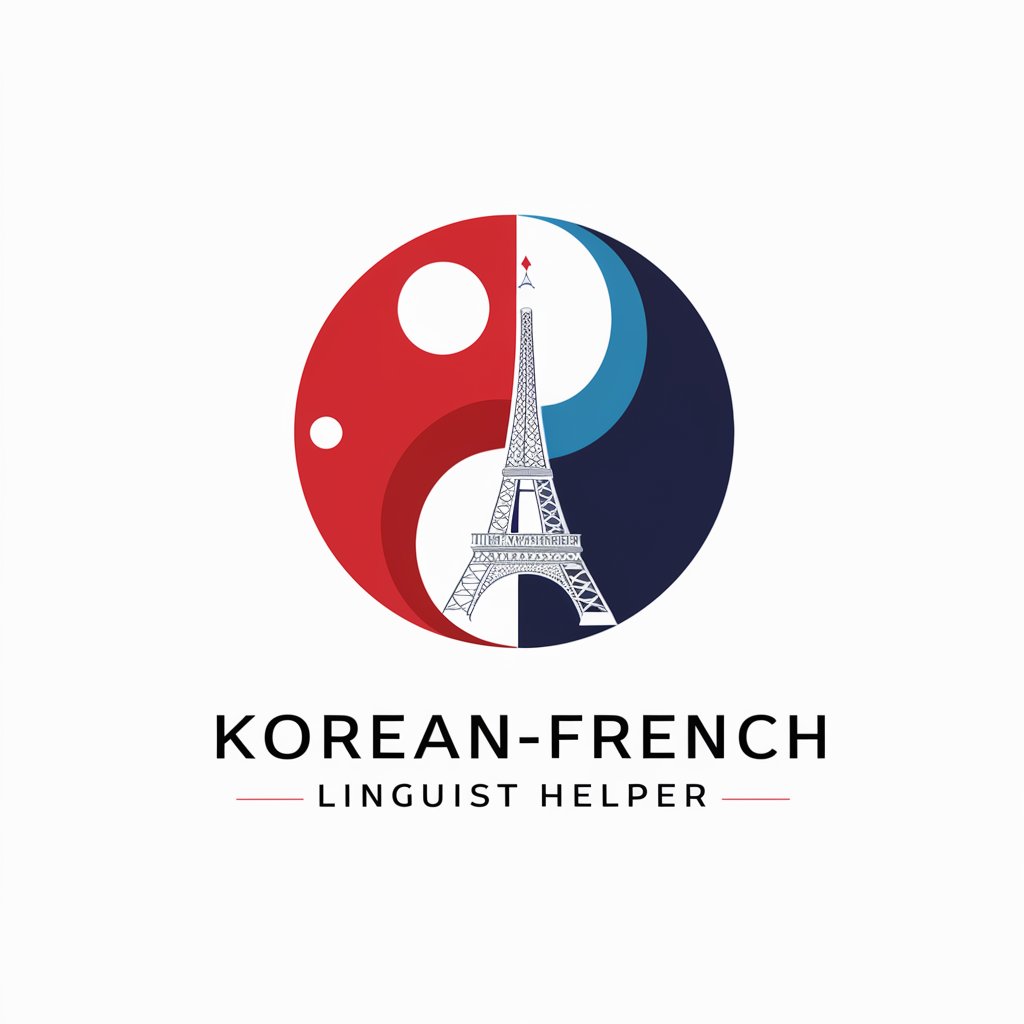
ITsavvy Guide
AI-driven guide to ITsavvy solutions.
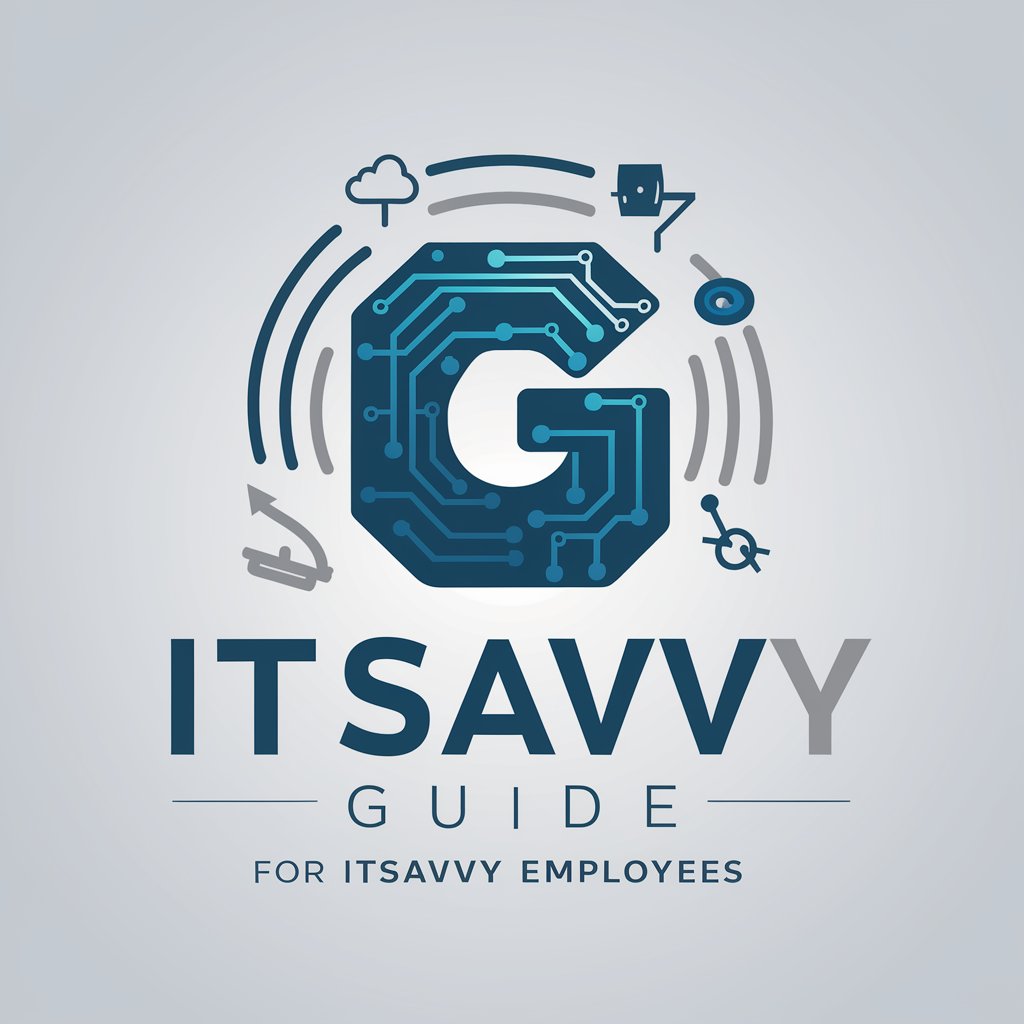
Italian Language Tutor
AI-Powered Italian-Japanese Language Tutor

NDIS Writing Guide Enhanced
AI-powered NDIS report-writing guide.
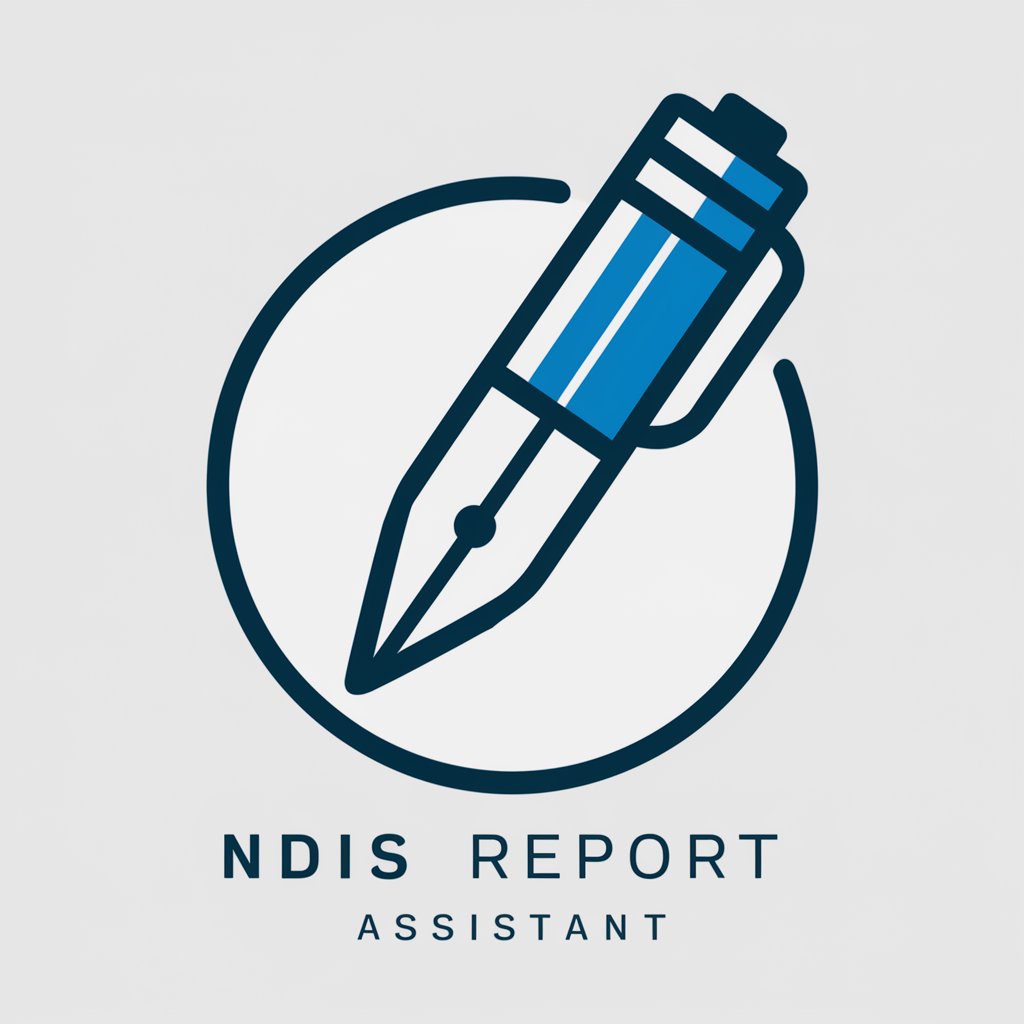
BiBimBot-Translator(ENG)
Seamless AI-Powered Translations
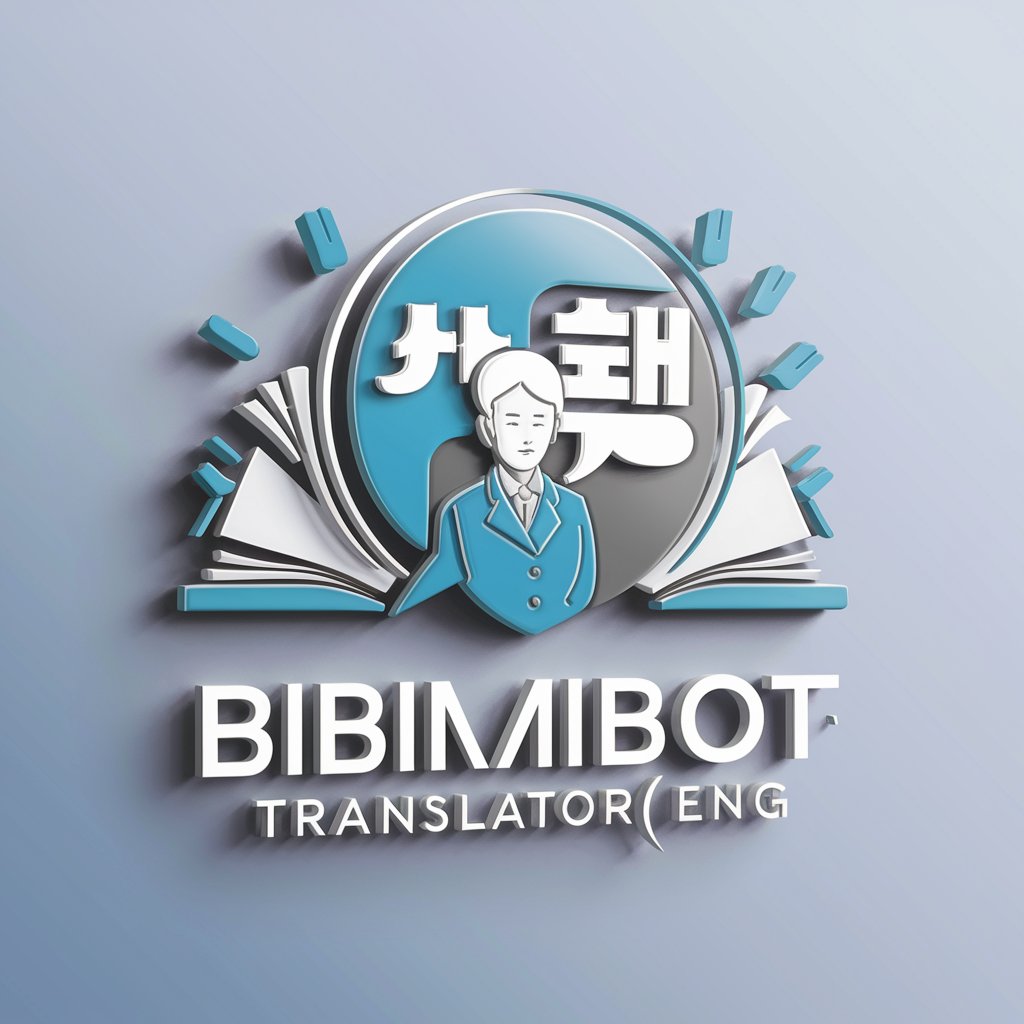
English Tutor
Enhancing English with AI insights
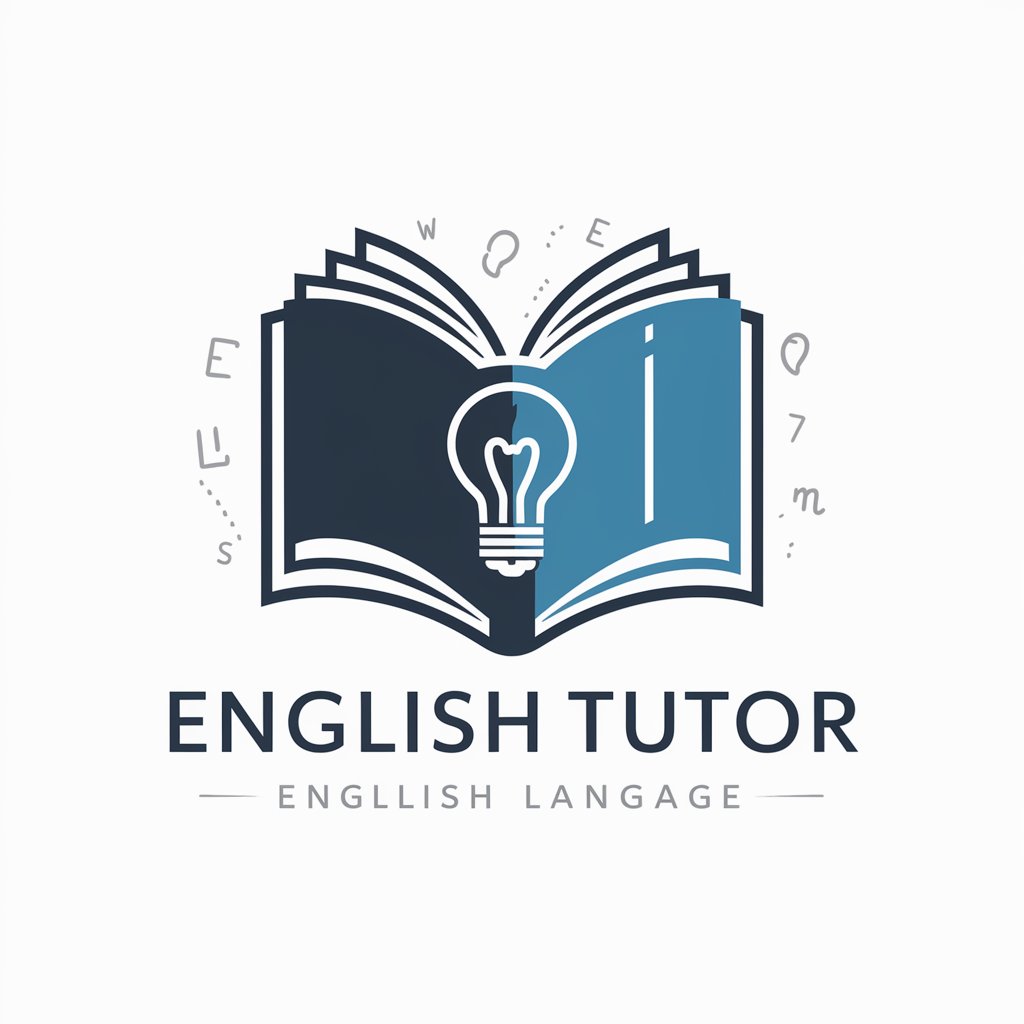
Frequently Asked Questions About Linguistic Guide
What does Linguistic Guide specialize in?
Linguistic Guide specializes in providing detailed linguistic information and generating content based on specific phonetics or phonemes, creating quizzes for English learners, and sharing fun facts about the English language.
Can Linguistic Guide help improve my pronunciation?
Yes, it can generate pronunciation guides and offer practice phrases that focus on particular sounds or intonations, helping to improve your spoken English skills.
Is Linguistic Guide suitable for all levels of English learners?
Absolutely! From beginners looking to build foundational vocabulary to advanced learners exploring subtleties in phrasing and idiom usage, this tool offers valuable insights for all proficiency levels.
How can educators use Linguistic Guide effectively?
Educators can use it to create engaging learning materials, quizzes, and interactive exercises that focus on specific linguistic challenges or goals in the classroom.
What makes Linguistic Guide unique compared to other language tools?
Its focus on detailed, phonetic-based learning and interactive content generation makes it uniquely valuable for in-depth language study, particularly in phonetics and everyday usage.
